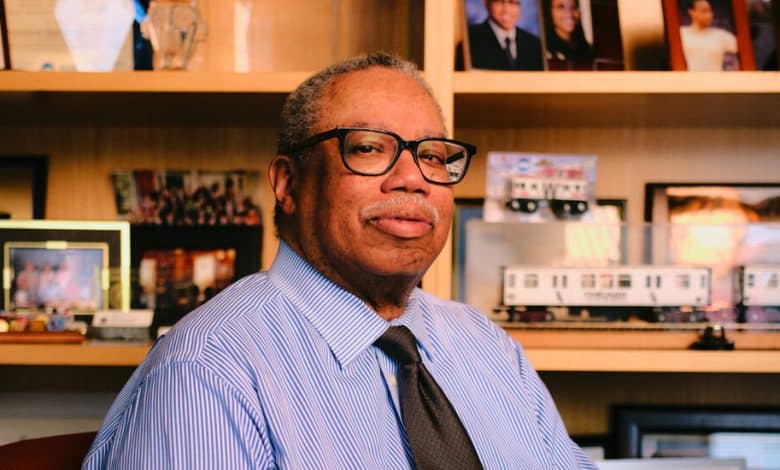Chicago Is Tired of Waiting for Trains, and Thinks It Knows Who’s to Blame

Until recently, Dorval R. Carter Jr. was another relatively unknown bureaucrat, a man who had quietly worked under three mayors as the president of the Chicago Transit Authority.
These days, in the eyes of his many critics, he is the face of all that is wrong with the city’s public transportation system.
“Yes, C.T.A. chief Carter needs to go,” Crain’s Chicago Business wrote in an editorial last month, saying that his agency was in a “shambolic state.” Gov. J.B. Pritzker, Democrat of Illinois, said recently that there “needs to be an evolution of leadership in order for us to get where we need to go with the C.T.A.” Since the coronavirus pandemic, Mr. Carter has drawn the ire of public transportation advocates, who have called him out for failing to fix the system’s financial problems, sluggish service and thefts and assaults on L trains and buses.
On Wednesday, the Chicago City Council is expected to introduce a resolution calling for Mr. Carter’s ouster — with a majority of council members in support of what is essentially a vote of no confidence.
The fury directed at Mr. Carter and his agency is emblematic of the struggles that cities like Chicago are now facing. With the pandemic largely in the past, travel and tourism on the rise and concerts, festivals and entertainment in full swing, city residents expect most aspects of public services to be restored to their prepandemic state.
But across the country, getting public transit to flourish again has been complicated, a logistical and financial puzzle with no solution in sight.
